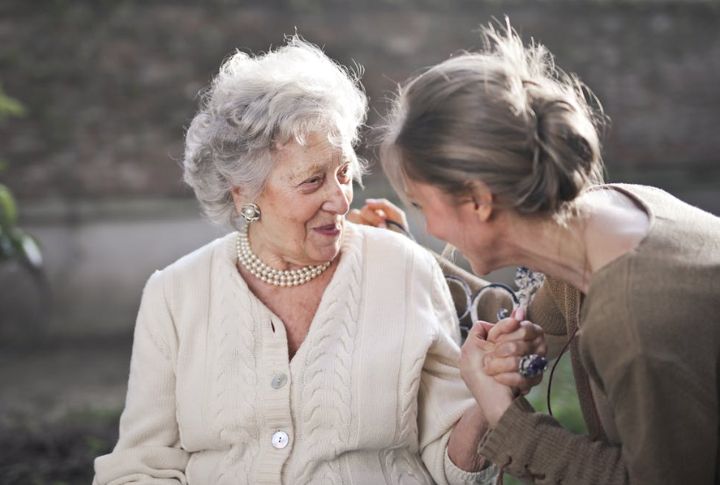
As family dynamics grow more complex and financial structures evolve, so do the decisions about who gets what and when. Grandparents are rethinking priorities as adult children face new hurdles. Since every shift is reflecting a deeper change in mindset, take a closer look at how inheritance is being quietly transformed.
Skipping A Generation To Grandkids

A growing number of grandparents—over 20% of those 70 and older, according to TIAA and Federal Reserve data- now direct their wealth straight to grandchildren. Many adult children are financially stable, so this shift feels logical. Some set up private trusts, even calling it “leapfrogging love,” to manage taxes and gifts individually.
Avoiding Inheritance Tax With Lifetime Gifting

To reduce estate taxes, more retirees are choosing to give assets while still alive. Early giving also lowers the estate’s taxable value and can help bypass complex post-death valuations. This strategy, sometimes termed “spending to save,” has quickly turned into a mainstream estate tactic.
Distrust Of Adult Children’s Money Habits

Concerns about wasteful spending are pushing grandparents to take extra precautions with estate planning. Structured trusts are being used to prevent mishandling, especially in cases involving gambling or reckless purchases. On the other hand, extra conditions like budget courses or restricted asset access offer added control without sparking full-blown family drama.
Desire To Witness The Impact

Why wait until later to make a difference? Helping family with a down payment or supporting a dream business lets you see the smiles firsthand. There’s also something powerful about knowing your gift changed the moment—not just the future. And such a memory often matters more than the money.
Grandchildren Face Greater Financial Struggles

Gen Z is facing financial pressures that older generations didn’t. Between student debt and record-high housing costs, it’s harder to gain a footing. That’s where grandparents come in; not as safety nets, but as springboards. Their support is helping a new generation push past the barriers to independence.
Longer Life Expectancy Delays Traditional Inheritance

Living well into one’s 90s is no longer rare, and that’s reshaping how wealth is handed down. When adult children are approaching retirement themselves, it doesn’t make sense to wait that long again. Earlier transfers help ensure the money lands when it can still make a meaningful difference, not just pad a pension.
Changing Family Dynamics

Today’s inheritance plans sometimes reflect emotional closeness, not just family trees. Some grandparents have stronger bonds with grandkids than with their own children, and estrangement isn’t uncommon. These shifts are influencing wills in ways that prioritize presence and connection over birth order or tradition.
Rise Of Ethical And Charitable Giving

Purpose, not family legacy, is what guides many retirees when it comes to giving. Donations to charities that reflect personal values are now a regular part of estate plans. In addition to doing good, this kind of noble cause can also reduce estate taxes, thus creating a win-win on both fronts.
Digital Assets And Crypto Inheritance Are Common

The rise of crypto and digital property has added a new layer to estate planning. From NFTs to online wallets, these assets require special handling, and a tech-savvy heir doesn’t hurt. Naming digital executors has become a smart move to prevent loss of value through forgotten passwords or locked accounts.
Blended Families And Step-Grandchildren

Families look different from how they did a generation ago, and estate planning is catching up. It’s no longer just about bloodlines—step-grandchildren, bonus kids, and blended households are being written into wills with equal weight. This approach also brings clarity and honors modern family structures without leaving anyone guessing.
